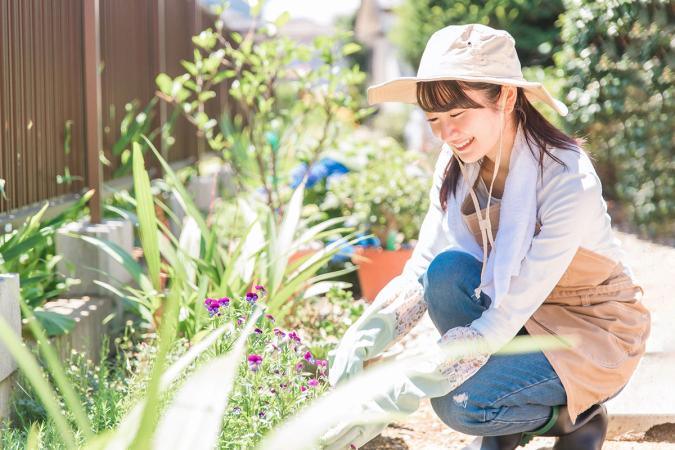question
how can i maintain my hobbies with arthritis?
Maintaining your hobbies while living with arthritis can be challenging, but with some thoughtful adjustments and strategies, you can continue to enjoy the activities you love. Here are some tips to help you manage your hobbies effectively:
Understanding Your Limitations
- Listen to Your Body: Pay attention to how your body feels during and after activities. If you experience increased pain or fatigue, it may be a sign to modify your approach or take a break.
- Respect Pain: Pain can serve as a warning signal. If an activity causes discomfort, consider reducing the intensity or duration, or even taking a complete break from it.
Pacing and Planning
- Pace Yourself: Break tasks into smaller, manageable parts. For instance, if you enjoy gardening, consider doing a little each day rather than tackling the entire garden at once.
- Set a Schedule: Plan your hobbies around your energy levels. Identify the times of day when you feel most comfortable and less fatigued, and schedule your activities accordingly.
Modifying Activities
- Use Assistive Devices: Consider using tools designed to reduce strain on your joints. For example, if you enjoy painting, use brushes with thicker handles for a better grip. In gardening, long-handled tools can help you avoid bending.
- Adapt Your Environment: Make changes to your workspace or hobby area to make it more accessible. Store supplies within easy reach to avoid unnecessary stretching or bending.
Incorporating Breaks
- Take Regular Breaks: Incorporate short rest periods into your hobby sessions. For example, if you’re knitting or crafting, take a break every 20-30 minutes to stretch and relax your hands.
- Alternate Activities: Switch between different hobbies to give specific joints a rest. If you’ve been sitting and working on a craft, consider standing and doing a light activity, like walking.
Choosing the Right Tools
- Invest in Ergonomic Tools: Look for tools that are designed to be easier on the hands and joints. For example, use scissors with larger handles or grips that require less force to operate.
- Lightweight Materials: When engaging in hobbies like painting or crafting, opt for lightweight materials to reduce strain while working.
Staying Active
- Incorporate Movement: If your hobby allows, integrate gentle movements or stretches. For instance, if you enjoy reading, consider doing some light stretching during breaks.
- Explore New Hobbies: If certain activities become too painful, consider exploring new hobbies that are less strenuous. Activities like gentle yoga or tai chi can be beneficial for both physical and mental well-being.
Seeking Support
- Get Help When Needed: Don’t hesitate to ask for assistance from family or friends. They can help with more physically demanding tasks or join you in your hobbies for added support.
- Join a Group: Consider joining a local group or class related to your hobby. This can provide motivation and encouragement, as well as a sense of community.
Staying Positive
- Focus on Enjoyment: Remember that the goal of your hobbies is to bring joy and relaxation. Don’t let arthritis take away the pleasure you find in these activities.
- Celebrate Small Achievements: Acknowledge your efforts and progress, no matter how small. This can help maintain a positive outlook and encourage you to keep pursuing your interests.
Consult Professionals
- Talk to a Therapist: If you’re struggling to adapt your hobbies, consider consulting an occupational therapist. They can provide tailored advice and strategies to help you engage in your activities safely and comfortably.
By implementing these strategies, you can continue to enjoy your hobbies while managing the challenges of arthritis. Remember, it’s important to prioritise your well-being and make adjustments that suit your individual needs. With patience and creativity, you can maintain an active and fulfilling lifestyle despite the limitations that arthritis may present.
This information is not a substitute for professional medical advice, diagnosis or treatment. Always consult a registered healthcare professional about matters that affect your health. Clara uses artificial intelligence to generate general information for personal educational purposes only, not intended to be a management plan and it may contain errors, inaccuracies or may oversimplify concepts.
Sources














